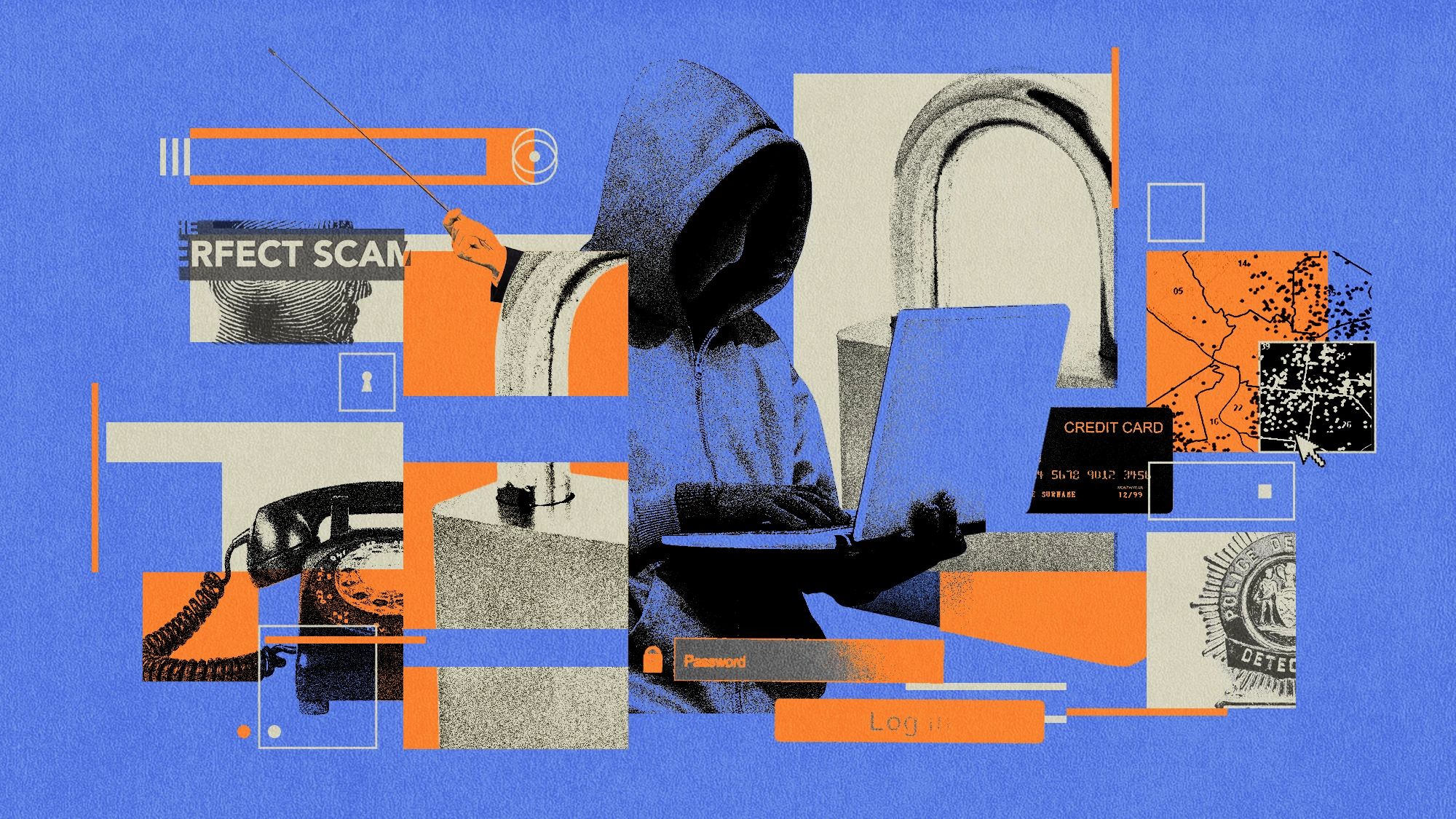Play all audios:
Paul Spella Facebook Twitter LinkedIn In this story Where’s my data? • On the dark web • Reduce your risks
The stream of headlines is demoralizing:
Nearly 1 million Medicare recipients had their personal information exposed in the aftermath of a 2023 data breach at a contractor for theCenters for Medicare & Medicaid Services (CMS). A mega-breach at a data broker named National Public Data, spilled the beans online on people’s names, addresses, phone numbers, and Social
Security numbers. National Public Data subsequently shut down following two decades in business.High-profile cyberattacks and data ruptures have hit businesses and services that older adults
frequent, a list that includes 23andme genetics testing, Advance Auto Parts, AT&T, Dell Technologies, Kaiser Foundation Health Plan, LoanDepot, Roku, T-Mobile and Ticketmaster.
In the first six months of 2024, publicly reported data compromises ran about 14 percent higher than the same period a year earlier, according to the nonprofit Identify Theft Resource Center
(ITRC) in El Cajon, California, which assists identity theft victims.
More than 8 in 10 consumers that the ITRC surveyed received at least one data breach notice between July 2023 and June 2024. Consumer reports of identity crimes climbed 21 percentage points
during the same period. And nearly half the people that contacted the nonprofit said they had been victimized more than once.
Information about you is likely for sale on the dark webThis leaves little doubt that our most personal sensitive information is out there on the dark web, the mysterious corridor of the internet where criminals traffic in our data.
“If you are an adult in the United States, there is a better chance than not that your information is available through an identity criminal,” says James E. Lee, the ITRC’s chief operating
officer. “It has been [this way] for at least the last five to seven years.”
The good news: “Not everyone’s information has been misused” because not everybody’s identity is of equal value, Lee says. But if you are targeted, the consequences can be devasting.
Criminals can use your credit cards to make purchases, hijack your existing bank accounts or open up new accounts in your name. In 2023, Americans lost $43 billion to identify theft,
according to a co-sponsored AARP report produced by Javelin Strategy & Research.
9 ways to help reduce the risk of ID theft1. Freeze your credit. By putting a credit freeze in place with all three major credit reporting agencies —Equifax, Experian and TransUnion — no credit can be issued until you lift the
freeze with each of them. Such freezes are free and have no effect on your credit score.

